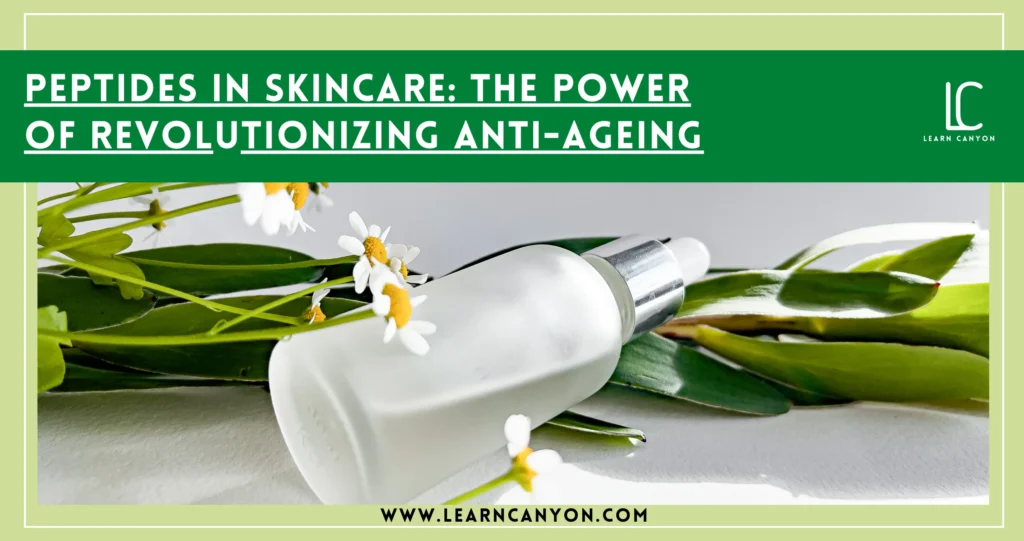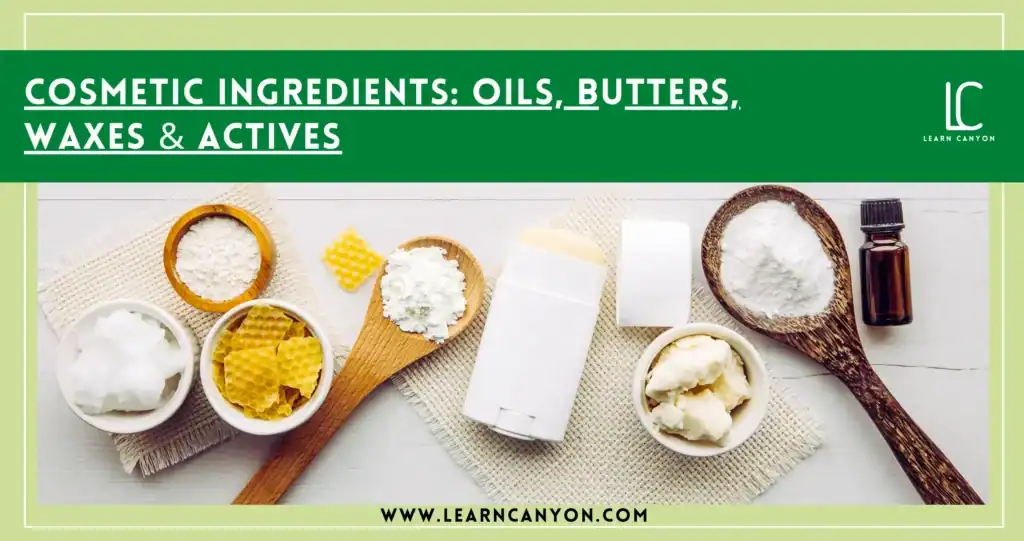Peptides have emerged as a powerful player in skincare formulation, particularly in the fight against ageing.
These small chains of amino acids are known for their ability to penetrate the skin and communicate with cells, prompting them to perform specific functions such as boosting collagen production and improving skin elasticity.
As a result, peptides have revolutionised the anti-ageing skincare industry, offering a non-invasive and effective alternative to traditional approaches.
Using peptides in skincare products has gained significant attention due to their ability to target specific skin concerns, such as fine lines, wrinkles, and loss of firmness.
By harnessing the power of peptides, skincare formulations can deliver targeted results, helping individuals achieve a more youthful and radiant complexion.
As the demand for anti-ageing solutions continues to grow, understanding the role of peptides in skincare formulation is essential for anyone seeking effective and science-backed ways to combat the signs of ageing.
Understanding Peptides in Skincare
Among the countless new skincare product launches each year, peptides are the only element that can be counted on to produce excellent effects. Let’s dive in to understand more about peptides in skincare formulation to get clear insights into their role in skin health and its types.
What Are Peptides?
Before we go into peptides, let’s first look at amino acids. Peptides are amino acid chains that serve as the building blocks for proteins in our bodies, such as collagen in the skin. Without these proteins, we will develop wrinkles, brittle nails, and dry hair that is prone to breaking.
Peptides work as the building blocks for both new collagen and elastin fibres.
In skincare formulation studies, peptides can penetrate the stratum basale and transmit physiological changes at the dermal region.
Their biological role in skin health
The main biological functions of peptides in skin health are as follows;
- Photoprotection:
In vitro, findings show that a peptide fragment of α-MSH, His-D-Phe-Arg-Trp, is a powerful MCR1 activator that increases tyrosinase activity and melanogenesis.
Bioactive peptides can also decrease melanin formation and are being studied for the therapy of hyperpigmentation in the skin.
- Photoaging:
Chronic UV radiation causes a cascade of alterations through cell signalling pathways, resulting in a breakdown of the extracellular matrix (ECM) and the emergence of photoaging responses.
Here, active peptides can slow skin photoaging by scavenging free radicals and also down-regulating the factors causing photoaging. Even many bioactive peptides can help reduce skin inflammation caused by photoaging.
- Wound Healing On Skin
Copper, a trace element, has been found to help heal skin blemishes. Certain peptides contain copper molecules, which operate on tissues to stimulate wound healing. Several natural skin care treatments include copper-added peptides.
- Eliminating Redness
Carnosine and N-acetyl carnosine peptides effectively reduce skin redness or rashes. Furthermore, they have incredibly excellent antioxidant qualities, which help prevent inflammatory reactions in the skin.
- Reducing Fine Lines & Wrinkles:
Collagen peptides may assist in minimising the formation of fine lines and wrinkles. As we age, our body generates fewer collagen and elastin fibres, causing our skin to deteriorate and develop fine lines and wrinkles. Peptides aid to smooth our skin by stimulating collagen formation and enhancing suppleness.
- Elasticity And Firmness:
Various peptide types work to increase the elasticity and firmness of skin. The primary peptide is trifluoroacetyl-tripeptide-2, which can help minimise sagging and improve skin elasticity and firmness.
- Boosts Hydration:
Aside from collagen formation, peptides serve an important role in improving skin hydration and barrier function. This is significant because a strong barrier is required to maintain hydration and protect the skin from external aggressors such as pollution and damaging UV radiation.
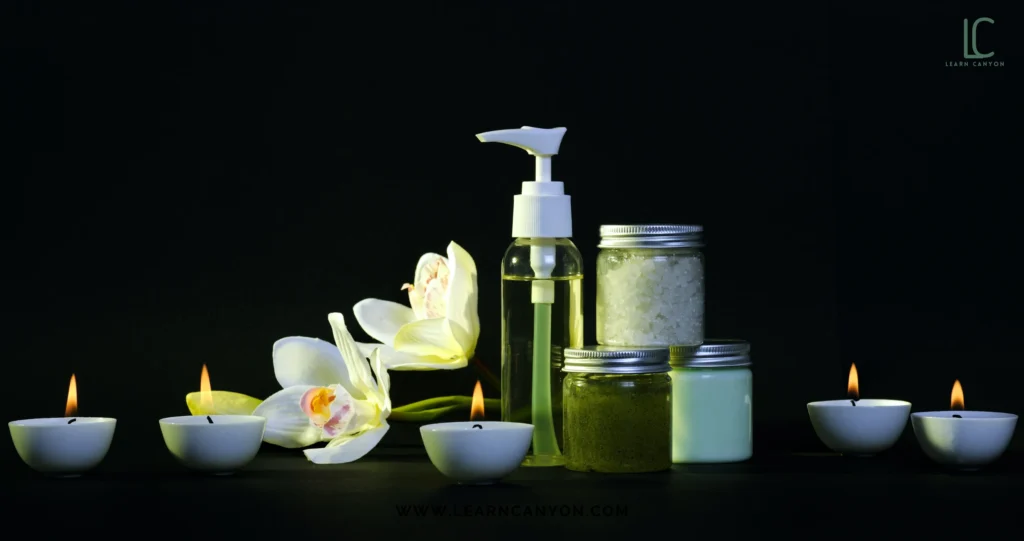
Types of Peptides in Skincare Formulation
There are four main types of peptides; signal peptides, carrier peptides, enzyme inhibitor peptides, and neurotransmitter inhibitor peptides.
Signal Peptides
These peptides are used in cosmetic formulation as they can stimulate skin fibroblasts to create more collagen, elastin, and other proteins in the dermal matrix. Increasing these structural proteins makes the skin look tighter and fuller.
Carrier Peptides
These peptides carry tiny elements like copper and magnesium, which aid in wound healing and enzymatic functions. These trace elements have been demonstrated to increase procollagen production, skin elasticity, and overall skin attractiveness.
A copper intricate, composed of the amino acids glycine, histamine, and lysine, is used for treating diabetic neuropathic ulcers. These are also called “penetrating peptides” or “membrane transduction peptides.” GHK-Cu, a copper carrier, has been utilised to firm up the skin.
Neurotransmitter inhibitor peptides
These peptides are used in cosmetics to decrease wrinkles since they prevent acetylcholine release through some chemical reactions. The most severe neurotransmitters are the poison Curare and the Botulism toxin (Botox).
Less intrusive variants have been created for use on skin, and the theory is that they calm the muscles of facial expression, causing them to spasm less and therefore relax wrinkles. These neurotransmitter inhibitor peptides have been demonstrated to diminish specific types of wrinkles by about 30% (in vivo studies).
Types of neurotransmitter inhibitor peptides are Tripeptide-3, Acetyl Octapeptide-1/-3 and Pentapeptide-3, which are also used in anti-ageing skincare solutions.
Enzyme inhibitor peptide
These peptides can slow down the dissolution of collagen and other proteins by interacting with the enzymes that break them down. For instance, certain enzymes (such as MMP or Matrix Metalloprotease) destroy structural proteins like collagen.
A peptide generated from rice proteins can reduce MMP enzyme activity, resulting in more collagen. Peptides produced from soy proteins can also act as enzyme inhibitors, particularly proteases. They may have the capacity to prevent hair growth and reduce pigmentation.
How Do Peptides Fight the Signs of Ageing?
As we discussed above to understand how different types of peptides work on signs of ageing thereby combating all symptoms of skin ageing, now let’s focus on how peptides fight signs of ageing by stimulating collagen production and repairing damaged skin.
Thinning, sagging, wrinkling, age spots, damaged blood vessels, and dry patches are all signs of good ageing skin.
Skin ageing leads to decreased production and increased breakdown of extracellular matrix proteins such as collagen, fibronectin, elastin, and laminin.
The extracellular matrix not only provides structural support but also regulates cellular behaviour, including differentiation and proliferation. Matrikines, tiny peptides produced by proteolysis of extracellular matrix proteins, have a role in these processes.
In cosmetic formulation, various bioactive peptides are used to combat such ageing problems deep into the extracellular matrix.
Certain peptides have a major role in collagen production, whereas few particular peptides are mainly responsible for skin elasticity and decreasing wrinkles, sagging and age spots. It depends on which type of peptide you choose in your cosmetic formulation to tackle a particular sign of ageing.
- For instance; some signal or carrier peptides can not just work alone on the skin and when they are conjugated with a fatty acid will increase stability and penetration on the skin thereby stimulating collagen production, collagen synthesis and synthesising glycosaminoglycans.
- Another example where enzymatic investigations show that tripeptide-2 inhibits matrix metalloproteinases, reducing cutaneous matrix degradation in photoaging and chronological ageing.
- Certain peptides have a role in Inducing collagen remodeling by upregulating levels of MMP-2, TIMP-1 and TIMP-2 Increases synthesis of dermatan sulfate and chondroitin sulfate, antioxidant responses, thereby improving signs of Wrinkles, Skin laxity and barrier repair.
And so on…
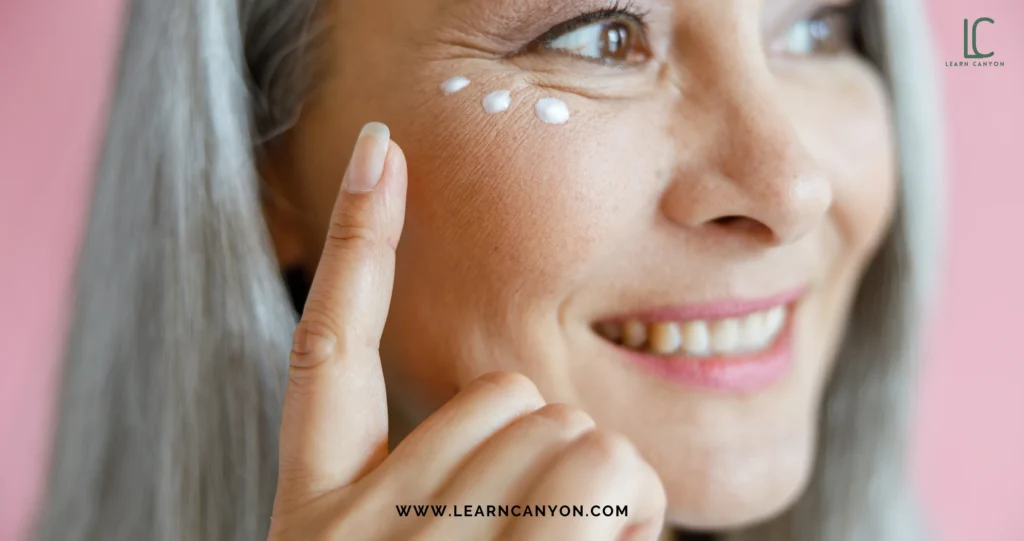
Peptides in Skincare Formulation
For some years, numerous topical skincare products containing peptides have been made accessible, with the promise of delivering anti-ageing skincare benefits. In skincare formulation, formulators formulate various strains and types of peptides to prepare cosmetics based on their properties and the type of anti-ageing symptoms they cure.
There is not one particular peptide that formulators work with.
In cosmetic formulation, formulators prefer both natural peptides and synthetic peptides depending upon their efficacy on ageing skin. Organic cosmetic producers mostly prefer natural ones to keep the formulation chemical-free to enhance its bioavailability and sometimes merge with other natural or synthetic acids or components to achieve good penetration activity on the epidermal barrier.
Natural peptides are usually extracted from plant sources, animal sources, insects and marine sources. Synthetic ones are made in a lab.
(Note: Learn Canyon does not utilise or endorse synthetic ingredients as we teach our candidates how to create natural and organic skincare and haircare products. As a result, we’ve decided to prioritise natural components. We encourage natural peptides extracted from our environment.)
While formulating, several tests and experimentations are performed to see how different peptides of various concentrations work before incorporating the finalized ratio into a skincare product. The concentrations and quantities of peptides in skin care products vary from one peptide to another.
For instance; Copper Tripeptide-1, belongs to the matrikine peptide family and is well-known for its efficacy in skin care formulations. This peptide has been shown to improve skin elasticity and firmness, decrease wrinkles, and boost skin clarity. GHK-Cu is hydrophilic but has low solubility, and it is commonly added into cosmetic formulations in solution form at concentrations ranging from 0.02-0.1%.
Whereas, sometimes in cosmetic formulation, peptides such as lipophilic ones, including Pal-GHK-Cu, are difficult to incorporate into the solution at concentrations greater than 0.02-0.1% of the final formulation.
When dosages are above this range, formulations start to become “suspensions” of the peptide rather than “solutions”.
In contrast to the above, another innovative study shows that the current cosmetic composition offers the user a skincare formulation with extremely high quantities of lipophilic and effective peptides, which promotes skin renewal and thus a more youthful appearance.
The peptide is also mixed with several other skin care actives and preservatives to enhance its skin benefits such as skin regeneration, anti-wrinkle effect, tightening and reducing age spots.
Therefore, peptides are rather delicate compounds, susceptible to breakdown while in solution. As a result, considerable doses of preservatives have historically been required in skincare formulations.
However, large quantities of preservatives have been shown to disturb the skin’s natural microbiome, and some users are sensitive to or allergic to preservatives.
Furthermore, as clients become more conscious of extraneous compounds in their skincare products, it would be handy to formulate a peptide-containing cosmetic that maximises the proportion of active components with extraneous additives made optional to the formulation, while preserving proper shelf life and product stability.
Using Peptides In Skin creams, serums and other cosmetics
Various peptides have unique properties for each skin concern and are mostly incorporated in serums, cleansers, creams, moisturizers, gels, and so on, that too in a proper concentration level. It would vary depending on the peptide-complex composition.
Cosmetic formulators need to request the compositional breakdown from the manufacturer. Formulators must study the effectiveness of a certain skincare product after they produced by understanding the efficacy and functions of peptide concentration levels used while formulating.
Your skin type and needs will determine whether you should use serums, creams, or masks. Serums have deeper penetration and often contain larger amounts of peptides. They help treat particular problems such as deep wrinkles or a loss of firmness. They are suitable for less sensitive skin and oilier skin types.
Peptide-infused creams and lotions are ideal for providing overall hydration and improving skin texture. They are often ideal for persons with dry, sensitive skin.
Peptide masks are an excellent intensive treatment, especially if you have really dry skin or require a quick skin boost before a big event.
Synergy with Other Ingredients
Peptides work well in tandem with other ingredients, including vitamin C, niacinamide, antioxidants, Retinol and hyaluronic acids.
- Peptides and vitamin C are a well-known ingredient combination, and for good reason: their anti-ageing properties complement one another.
- Copper peptides and retinol are yet another complementary chemical combination. Work synergistically to improve elasticity and smooth the skin.
- Peptides and niacinamide are two skincare products that perform well together on your skin. Niacinamide soothes sensitive or red skin, while peptides firm and tighten the complexion.
- Peptides and hyaluronic acids work together to ensure that the skin is boosted with essential proteins and provide adequate hydration, that gives your skin a very youthful look.
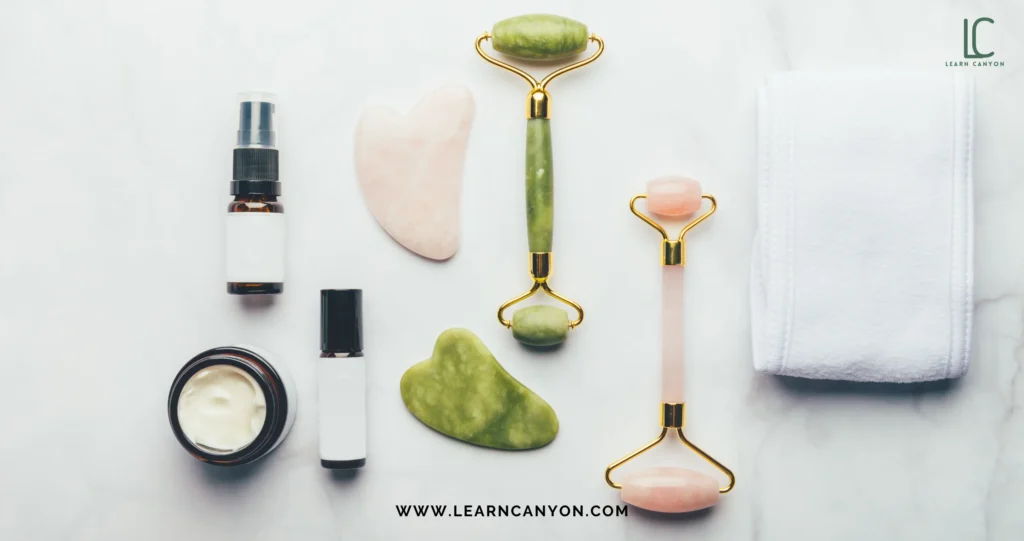
Choosing the Right Peptide for Cosmetic Formulas
When selecting which peptide to employ in a cosmetic FORMULATION, observe these rules:
- Examine clinical efficacy data for the sort of base formula utilised and the input necessary.
- Peptides with the same INCI designation from multiple providers will not always yield identical outcomes, so be relevant when obtaining peptide ingredients from your cosmetic vendor. Select the one with the efficacy data relevant to their material.
- When putting together the cosmetic recipe, make sure you use the correct input and follow any compatibility criteria.
- Use creative cosmetic formulation strategies to improve distribution.
When you apply the appropriate amount of an efficient peptide to the deeper layers of the epidermis, you will always see excellent results.
Choosing the Right Peptide Skincare Product
To choose the right peptide for your skin and to maximise the benefits of peptides for your skin, you must take a customised strategy. Here are our top suggestions for selecting the right peptide items for you:
Examine your skin:
Start by determining your skin type. This covers your skin’s oiliness or dryness, as well as if it is sensitive. Find out whether you have any underlying skin disorders such as acne, hyperpigmentation, psoriasis, or any skin issues.
Peptide Concentration:
The efficiency of a peptide skincare product is determined by its peptide concentration. Look for items with peptides near the top of the ingredient list. Consider combining peptides with additional helpful ingredients including antioxidants for radiance, retinoids for anti-ageing, hyaluronic acid for hydration, and niacinamide for texture.
Future Of Peptides In the Skincare Industry
Numerous studies have been conducted in the areas of peptide discovery, manufacturing, and optimisation to overcome disadvantages such as membrane impermeability and low in vivo stability.
Synthetic peptides are increasingly widely employed in the cosmeceutical industry, with a growing body of evidence supporting their stability and safety, as well as many studies indicating the biologically active peptides’ potential topical cosmetic uses for the skin.
But more than synthetic peptides, organic cosmetic formulators need to encourage ORGANIC peptide usage in cosmetics by researching and implementing various high-tech strategies and methodologies that can be more efficient for the skin in the long term. Because synthetic peptides have side effects and are worse in the long run. Thus it causes more harm than good.
Yet, the discipline will benefit from gaining a deeper understanding of the many compounds, as well as the physiological principles that underpin their use. This should entail determining the method of action and consequences of each organic peptide, as well as specifically defining it for cosmetic or medicinal use.
In most situations, the effects of various forms of synthetic and organic peptides on the skin microbiota have not yet been explored. The microbiome is expected to benefit from a healthy skin environment, but future studies may show novel effects of peptides on skin microorganisms (in addition to antimicrobial characteristics).
The combination of conventional peptide discovery approaches (such as rational planning and phage display) with novel technologies and cutting-edge techniques (such as AI procedures) offers a promising approach for rapidly developing and producing effective and particular lead peptides, potentially leading to a new wave of future-oriented peptides.
But sometimes all organic peptides can’t be used as some components of peptides need to be synthesized. Let’s look forward to what new advanced technologies can transform the use of peptides in skincare in an organic way rather than a synthetic way.
Wrapping Up,
By understanding the overall article, let us accept that the science behind peptides in skincare formulation has a lot to show in more research as well as giving us clarity that there are many different types of peptides and they each have different functions. This is why peptides as a whole provide such a wide range of skin advantages, including the treatment of skin ageing and hyperpigmentation. However, they are not a cure-all.
Peptides simply are insufficient. An optimal skincare product must have a carefully formulated blend of skin-beneficial ingredients such as antioxidants, moisturisers, and healing agents. This enables a cosmetic product to be more successful at improving skin health. One of the most exciting aspects of peptide formulation is researching ingredients and selecting proper peptides that will offer the greatest relevance to your peptide-based products.
Finally, If you want to incorporate natural peptides in your cosmetic formulations, then look no further. We at Learn Canyon provide the best advanced organic formulation course in skincare that will help you to be skilled at making peptide-based cosmetic products thereby leading you to become an expert formulator.




